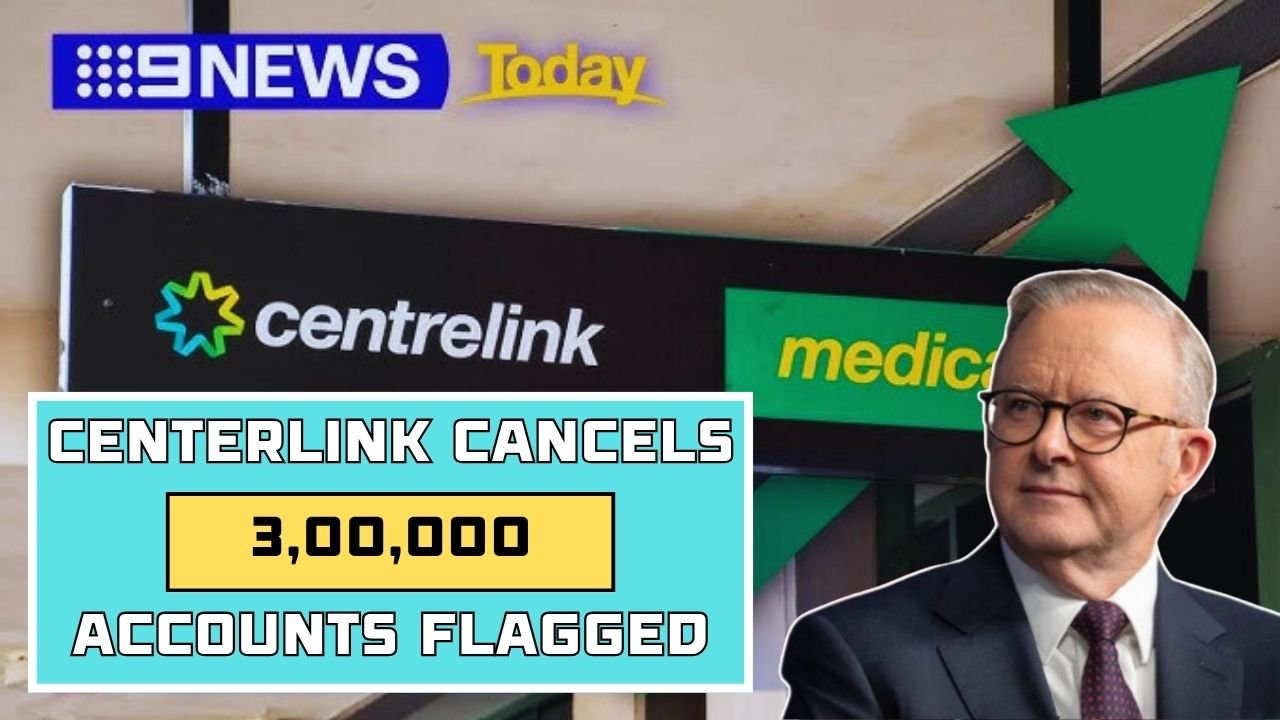Between 2020 and 2024, more than 310,000 Australians had their Centrelink payments wrongly cancelled, leaving families, pensioners, carers, and job seekers in sudden financial crisis. Economic Justice Australia (EJA) uncovered this large-scale error, blaming automated systems that cut payments without proper checks.
If you rely on Centrelink, here’s what you need to know about what happened, how it affects you, and the steps you can take to protect your payments.
What Caused the Payment Cancellations?
Centrelink’s automated compliance system was designed to speed up welfare processes, but it backfired.
- By law, recipients are entitled to a 28-day grace period after missing an obligation (like a job agency meeting) due to illness, emergency, or hardship.
- The automated system skipped this safeguard, instantly cutting payments.
- On average, 110,000 people per year were wrongly impacted, with some losing access to essentials like rent, food, and medication.
This wasn’t a one-off glitch — it was a systemic failure that repeatedly hit vulnerable Australians.
Who Was Affected?
The wrongful cancellations weren’t limited to one group. Payments affected included:
- JobSeeker Payment
- Youth Allowance
- Parenting Payment
- Disability Support Pension
- Age Pension
- Carer Payment
For many, these abrupt cuts meant weeks or months without income, causing severe hardship.
Scale of the Problem
EJA’s investigation revealed the true impact:
| Period | Estimated Wrongful Cancellations |
|---|---|
| 2020–2024 | 310,000+ Australians |
| Government’s Original Estimate | Just 1,000 cases |
The findings show how automation errors—similar to the infamous “Robodebt” scandal—can harm people who rely on Centrelink for survival.
Impact on Everyday Australians
Suddenly losing payments left recipients unable to cover:
- Rent and housing costs
- Grocery bills
- Utility expenses
- Medical needs
EJA reports widespread stress, trauma, and financial instability, particularly among single parents, carers, and people with disabilities.
Government Response
- Services Australia admitted some errors but initially downplayed the scale.
- Compliance activities were paused in 2025, but a full system overhaul hasn’t been confirmed.
- Advocacy groups warn that underlying issues remain and could strike again.
What to Do If You Were Affected
If your payments were wrongly cancelled between 2020 and 2024, here are steps you can take:
- Check myGov records for notices or cancellation details.
- Gather evidence, such as medical certificates or exemption documents.
- Lodge an appeal with Centrelink if you believe your cancellation was unfair.
- Seek support from legal aid, community groups, or Economic Justice Australia.
- Ask about compensation — some may qualify for redress.
How to Protect Yourself Going Forward
- Keep your myGov details updated.
- Report any illness, emergencies, or exemptions as soon as possible.
- Contact Centrelink early if you’re struggling to meet obligations.
- Stay informed by following Services Australia updates.
Final Thoughts
The wrongful cancellation of 310,000 Centrelink payments shows how dangerous automation can be when human oversight is ignored. While the government has paused some compliance processes, the trust gap remains wide.
If you were affected, don’t wait — check your records, appeal, and seek support. Being proactive is the best way to safeguard your Centrelink payments in the future.
FAQs
1. Why were Centrelink payments cancelled?
Automated systems ignored the 28-day grace period for missed obligations, cutting payments unfairly.
2. How many Australians were affected?
Over 310,000 people had their payments wrongly stopped between 2020 and 2024.
3. Which Centrelink payments were impacted?
JobSeeker, Youth Allowance, Parenting Payment, Disability Support Pension, Age Pension, and Carer Payment.
4. What can I do if my payment was cancelled?
Check your myGov records, collect evidence, appeal through Centrelink, and seek legal or advocacy help.
5. Will I get compensation?
Some recipients may be eligible, but it depends on your case. Contact a welfare advocate for guidance.

